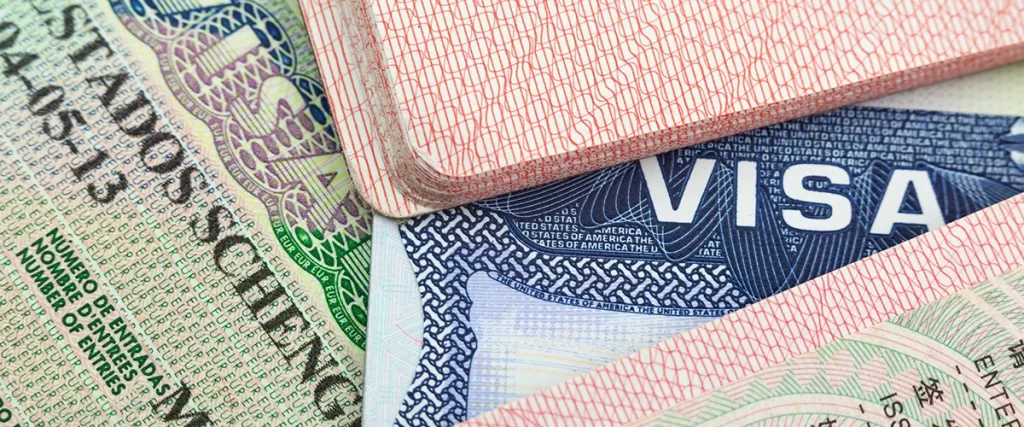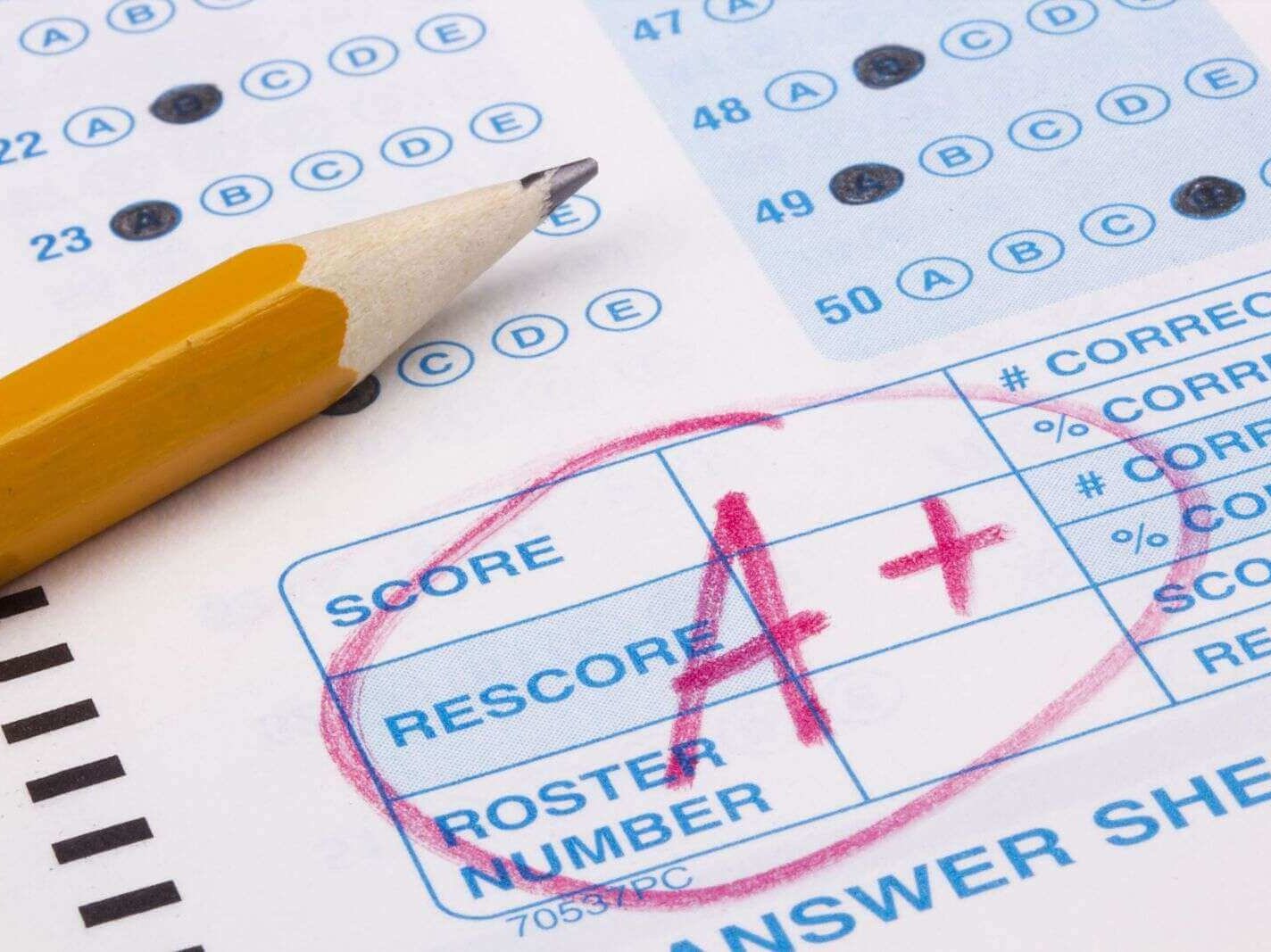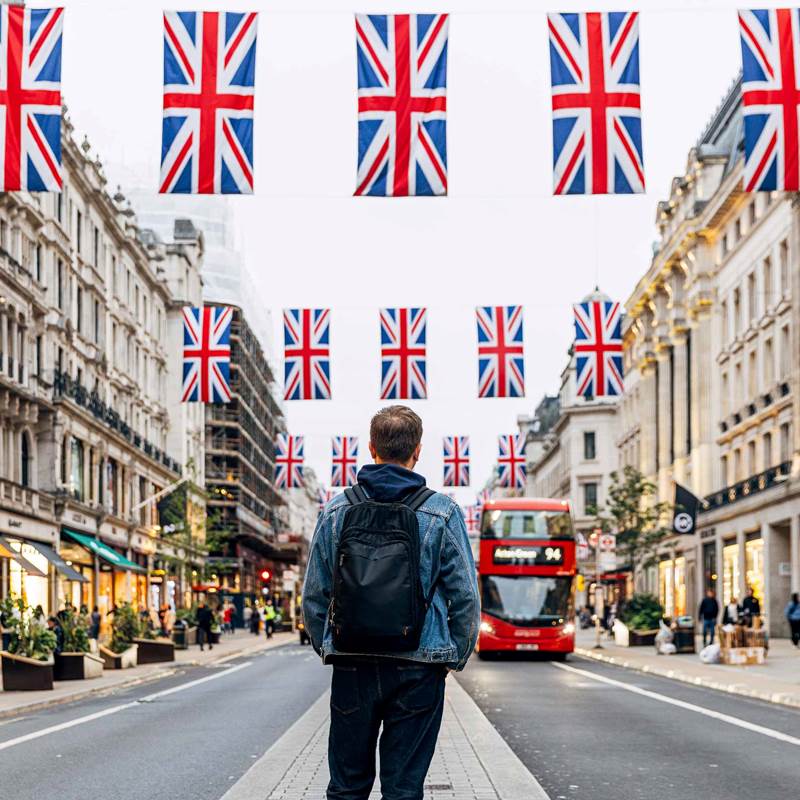You’ve secured a university offer. You’re ready with your documents. But then—visa denied. Why? The truth is: visa officers don’t just verify documents—they assess your intent. And that’s not always visible on paper.
To increase your chances of approval, you need to understand their mindset, anticipate their questions, and eliminate all doubts from your application.
This blog walks you through what visa officers really look for when reviewing student visa applications—and how to build a file that earns their trust.
What Is the Role of a Visa Officer?

Visa officers are government officials stationed in embassies or consulates. Their primary role is to:
- Evaluate visa applications (e.g., study, work, visitor)
- Ensure applicants meet the criteria for entry into the country
- Detect fraud or misuse of visa categories
- Assess applicant intent based on documents and personal circumstances
They follow country-specific visa policies but use their judgment and discretion when reviewing each case.
👁 They are trained to spot red flags, inconsistencies, and unsupported claims.
The Top 7 Things Visa Officers Assess in Student Visa Applications
1. 🎓 Are You a Genuine Student?
Almost every study visa category includes a test of whether you’re a genuine student, such as:
- GTE (Genuine Temporary Entrant) – Australia
- Genuine Student Route – UK
- F-1 Intent Review – USA
They want to see:
- A course that matches your academic history or career path
- A clear and convincing explanation of why you chose this university and program
- A logical educational progression (e.g., BSc → MSc, not BSc → Diploma)
✅ What impresses them:
- Research-backed reasons (e.g., course modules, job relevance)
- Clear goals that connect education to future plans
🚩 Red flags:
- No clear explanation of how the program benefits your future
- Vague or generic reasons (“I like the country”)
2. A Well-Written, Honest Statement of Purpose (SOP) or GTE
The SOP or GTE is often your only “voice” in the visa process. It should tell your story clearly.
What visa officers want to see:
- A structured explanation of your academic and career path
- Reasons for choosing the destination country
- Details on why the selected course and university is ideal
- Your financial sponsor and funding situation
- Clear short- and long-term goals
✅ Make it personal and specific. Mention university names, course modules, job titles, company examples in your home country, etc.
🚩 Red flags:
- Plagiarized SOPs
- Copy-paste templates from the internet
- Overly ambitious or unrealistic goals
How to Write a Visa-Ready SOP/GTE
3. Complete, Verified & Consistent Documents
Visa officers assess your entire timeline—education, employment, finances, travel. Everything must be:
- Accurate
- Authentic
- Consistent across documents
🔍 They match your passport, transcripts, certificates, test scores, offer letters, financial docs, and more.
✅ Tips:
- Use official documents (not photos or scans of photocopies)
- All names must match exactly
- Translate non-English documents via certified translation
🚩 Red flags:
- Mismatched names, dates, or unexplained gaps
- Forged or altered documents (this can lead to a 10-year ban)
- Unofficial transcripts or missing seals
4. Proof of Sufficient & Legitimate Funds
Visa officers do not want you to struggle financially while studying. They look at:
- Tuition + living costs for the first year (or full duration, depending on country)
- Recent and stable bank statements
- Affidavits, tax returns, sponsor letters, and income proof
✅ Tips:
- Provide 3–6 months of bank history
- Explain any large, sudden deposits
- Show ties between you and your sponsor (e.g., family relationship)
- Convert foreign currency to the destination country’s currency
🚩 Red flags:
- Funds sourced just days before applying
- No documentation of income (e.g., if a parent claims ₹20L in savings but no proof of how they earned it)
- “Fake” education loans
Financial Documents for Student Visa: Complete Guide
5. Will You Return Home After Your Studies?
Even if post-study visas exist, the officer wants to know you don’t intend to overstay or misuse your visa.
They check:
- Your family ties in your home country
- Property or business ownership
- Career prospects back home
- Any reasons to return (e.g., aging parents, job offer)
✅ Tips:
- Mention job titles and companies in your SOP/GTE
- If your country has a growing market in your field, cite it
- Avoid saying, “I want to settle permanently”—it shows immigration intent
🚩 Red flags:
- No mentioned ties to home country
- Spouse/child already abroad and undocumented
- Prior overstay history
6. Unexplained Education or Work Gaps
Every gap is explainable—but if you don’t explain it, it becomes suspicious.
✅ Tips:
- Account for all time from high school until now
- Attach work experience letters, upskilling certificates, or medical explanations
🚩 Red flags:
- Saying you were “just at home” for 3 years
- Gaps between graduation and applying for a course
7. Background Checks: Honesty Is Everything
Visa officers conduct background checks. They look for:
- Prior visa denials
- Incomplete forms
- Travel history
- Legal or immigration violations
✅ Tips:
- Always declare prior visa refusals—even tourist visas
- Don’t lie about travel history
- Ensure your CV/resume matches your application
🚩 Red flags:
- Lying about rejections
- Hidden refusals in online databases
Final Visa Approval Checklist
Before you submit, ask:
✅ Does your SOP clearly explain your academic and career logic?
✅ Are your documents accurate, complete, and aligned?
✅ Can your financial story withstand scrutiny?
✅ Are your intentions clear and non-immigration related?
✅ Did you explain all education/employment gaps?
✅ Have you disclosed all prior travel/visa history?
Final Thoughts from Global Grads
Getting a visa isn’t just about having the right documents—it’s about telling a trustworthy story. Visa officers are trained to read between the lines.
Let your application reflect clarity, purpose, and credibility.
🎯 At Global Grads, we help students prepare applications that visa officers trust.
From SOP reviews to financial documentation, we’re here to ensure you get that stamp of approval.



